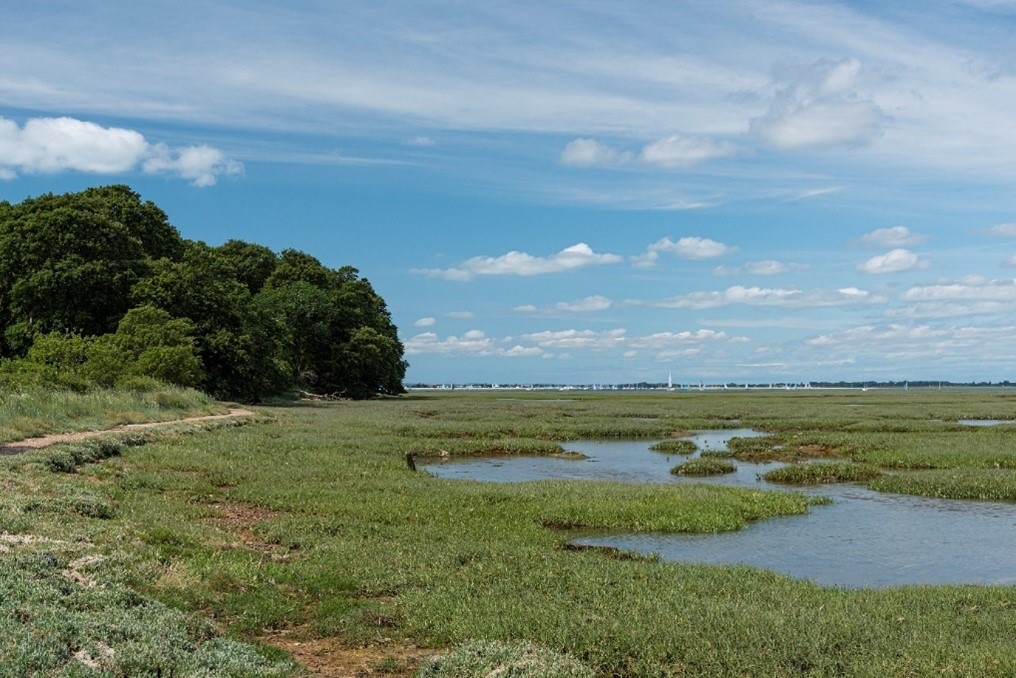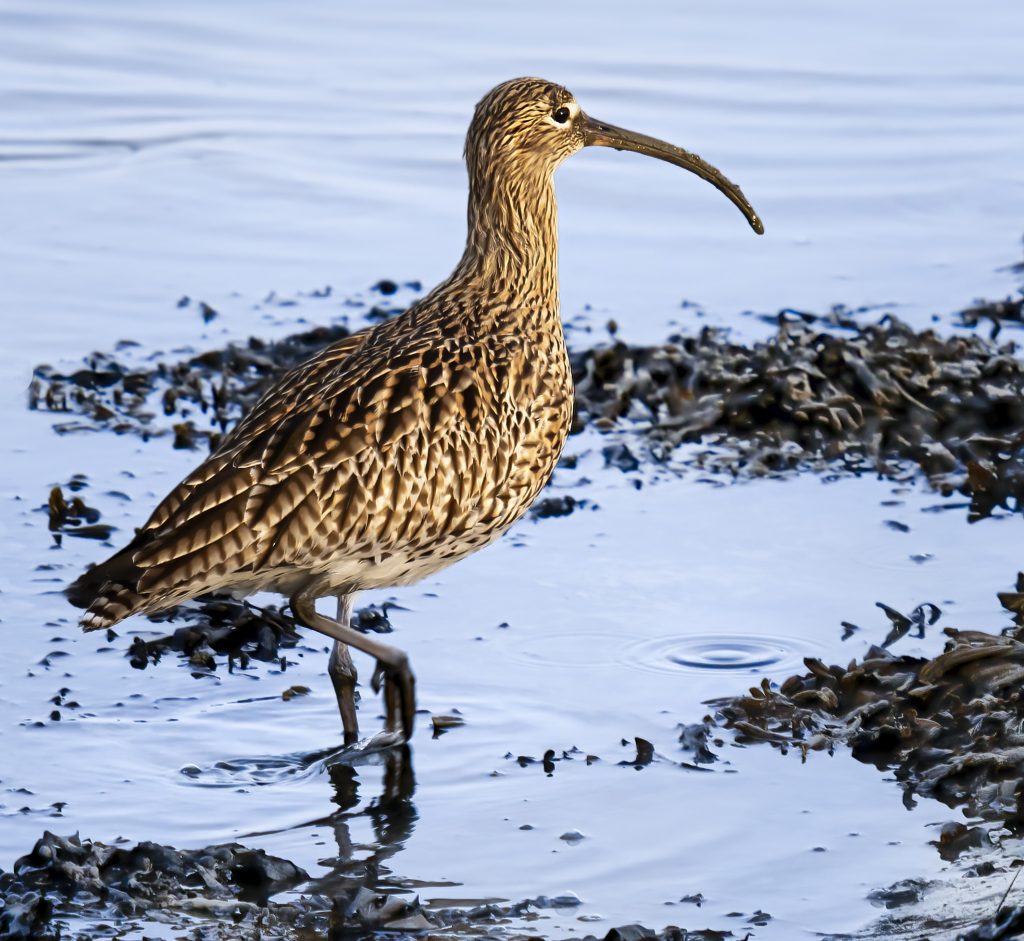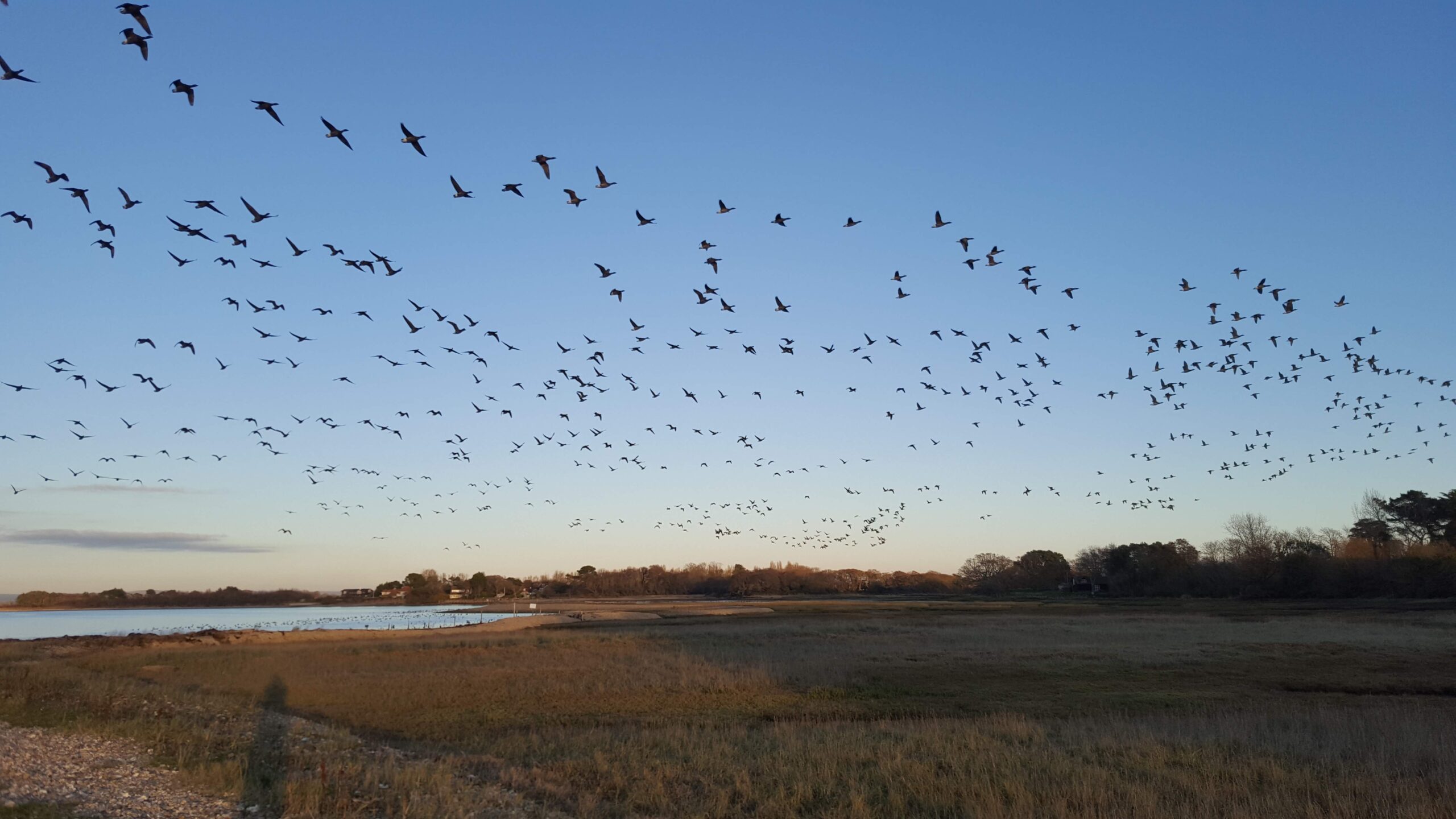Nature is in crisis. This has been increasingly clear over recent years, and the United Kingdom State of Nature report published yesterday leaves no room for doubt.
“The UK is one of the most nature-depleted countries on Earth.“

It is no surprise; here in Chichester Harbour we have lost 58% of our saltmarsh since 1946, and the Natural England Condition Review of 2021 found the Chichester Harbour Site of Special Scientific Interest to be in an “unfavourable declining” condition.
But the sheer scale of nature loss within the UK is shocking:
- 1 in 6 UK species are threatened by extinction and 43% of all UK bird species.
- UK wildlife is down 19% since 1970.
“There is an urgent need to move towards nature-friendly land and sea use.“
What are we doing about it?
Chichester Harbour Conservancy is working with partners to protect and restore nature within the harbour. Our four main areas of focus are:
- Saltmarsh restoration and coastal resilience.
- Seagrass.
- Marine birds.
- Water quality and native oysters.
You can find out more about the work that is being done here.

The report states that the restoration of carbon-rich habitats (like saltmarsh and seagrass beds) has clear benefits for climate change mitigation and adaptation, as well as biodiversity. But to realise these will require a step-change in the rate and scale of restoration.
“The UK has set ambitious targets to address nature loss through the Global Biodiversity Framework. We know what needs to be done and how to do it, but the size of the response and investment remains far from what is needed given the scale and pace of the crisis.“
One thing is clear, the restoration of nature cannot be done by organisations alone; it will require local people and stakeholders to get behind the issue, support the work and help reverse the decline for future generations.
(All quotes from the State of Nature Report 2023)
